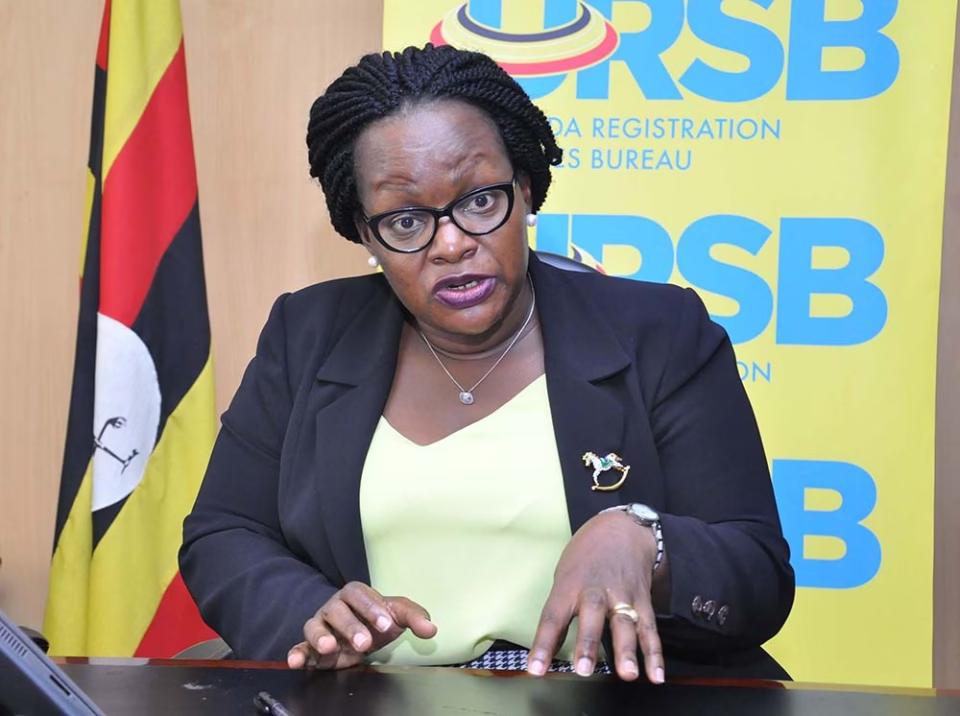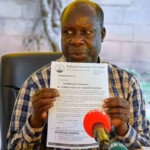In a powerful decision that’s sending ripples through Uganda’s business and legal communities, the High Court in Kampala has come to the defense of Xsabo Power Ltd, one of the country’s leading renewable energy developers, ruling that the Uganda Registration Services Bureau (URSB) acted unlawfully and in contempt of court.
At the heart of the case is a shareholding dispute between Xsabo Power and Great Lakes Energy Company N.V., but what began as a technical disagreement spiraled into a much broader debate about power, process, and the rule of law.
On July 15, 2025, Justice Oyuko Anthony Ojok delivered a scathing judgment, finding that the URSB—through its Registrar General, Mercy Kyomugasho Kainobwisho—had overstepped its authority, disregarded a standing court order, and manipulated internal processes to cancel an earlier decision in favor of Xsabo.
The story began years earlier when Xsabo Power took back 96 shares from Great Lakes Energy after the latter allegedly failed to pay for them as agreed in their shareholders’ agreement. Xsabo then re-allotted the shares.
Great Lakes challenged this move at URSB. After nearly four years of legal back-and-forth, including hearings, submissions, and witness cross-examinations, Assistant Registrar of Companies Solomon Muliisa ruled in Xsabo’s favor on November 8, 2024.
But just days later, URSB’s top office intervened.
In a surprise letter dated November 12, Registrar General Kainobwisho announced she was recalling the decision—something many in the legal community viewed as irregular and potentially unlawful.
Xsabo responded quickly, rushing to the High Court for protection. On November 15, the court issued an interim order to preserve the original ruling and halt further interference—at least until a full hearing.
But that order was ignored.
Just three days later, on the morning of November 18, while the court’s injunction was still in effect, URSB sent out a second ruling via email—this one reversing the original decision and essentially siding with Great Lakes.
Justice Ojok was not impressed.
“The Registrar General acted without jurisdiction and in violation of judicial authority,” he wrote, condemning what he described as a blatant abuse of power.
Worse still, forensic email analysis presented in court revealed that the decision was never sent on November 15, as URSB claimed. The email went out on November 18—while the injunction was active.
And even more damning: a URSB legal officer, Stella Muheki, had appeared in court on the morning of November 18 and explicitly agreed to respect the injunction.
Justice Ojok granted Xsabo Power all the relief it had asked for, including:
An affirmation that the original November 8 ruling in its favor was valid
An order canceling the second ruling issued under questionable circumstances
A ban on URSB revisiting the matter or interfering further
A directive to URSB to honor all filings from Xsabo
A permanent injunctionLegal costs awarded against the Registrar General
The judgment was clear: the Registrar General had no legal power to undo a final decision of her own officer—especially not while a court order was in place.
“The Registrar General acted outside her statutory powers, in breach of natural justice, and in violation of an active court order,” the judge wrote.
For many observers, this case is about more than just shares or paperwork—it’s about trust in Uganda’s institutions.
“This is a big win, not just for Xsabo, but for every investor who wants to believe that our legal system can protect them from arbitrary decisions,” said corporate governance expert Moses Muwanga.
Xsabo Power is a key player in Uganda’s transition to clean energy, with a 20MW solar power plant in Kabulasoke, Gomba District—one of the largest in the country, developed under the GET FiT Uganda programme.
The company’s success story could have been derailed by unchecked regulatory interference. Instead, the court’s firm stance is being hailed as a crucial affirmation of rule of law and investor protection.
“This judgment reminds all regulators that they are not above the law,” said a senior legal analyst who followed the case closely. “You can’t just override decisions because you feel like it—and certainly not when a court has told you to stop.”



